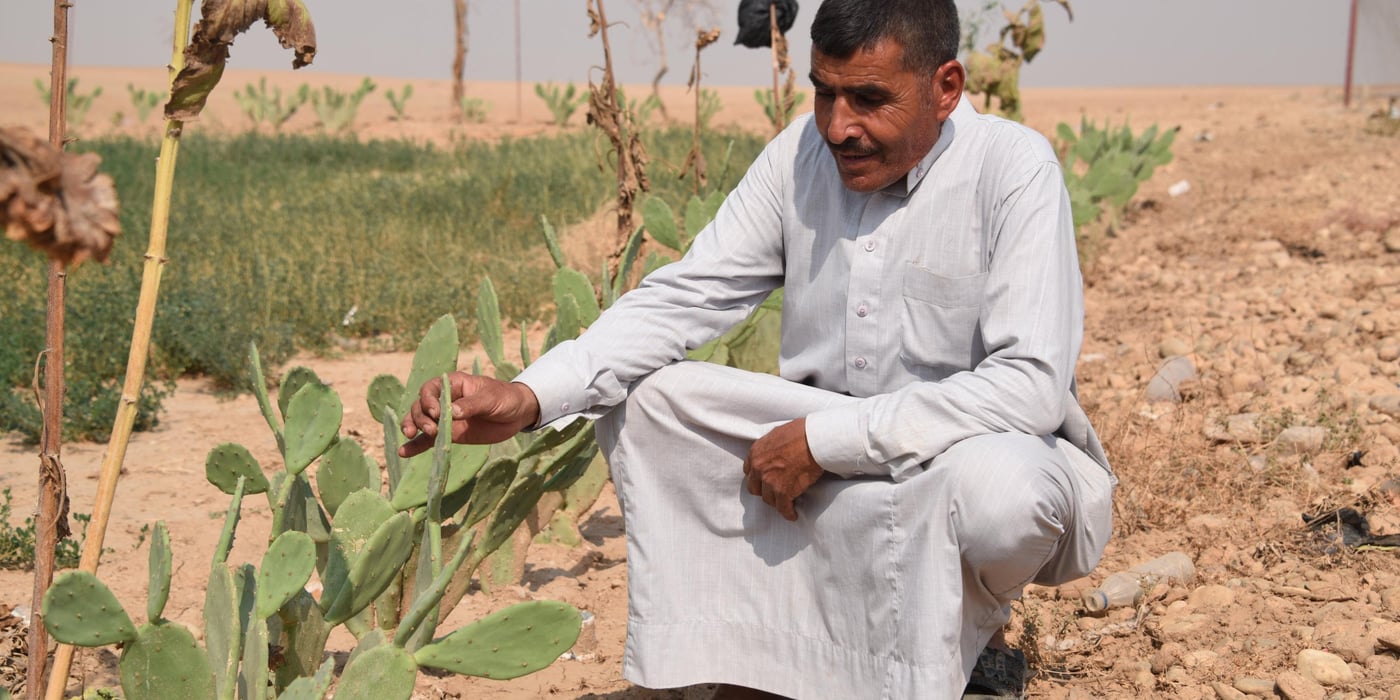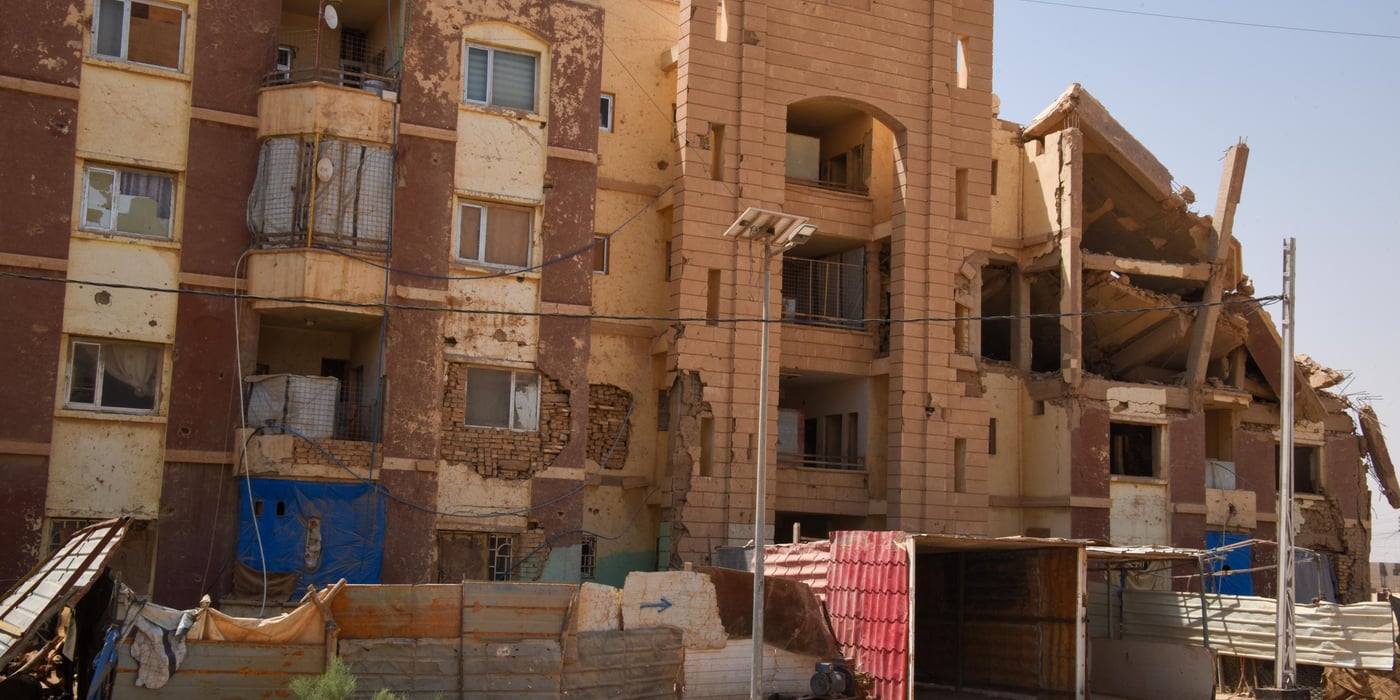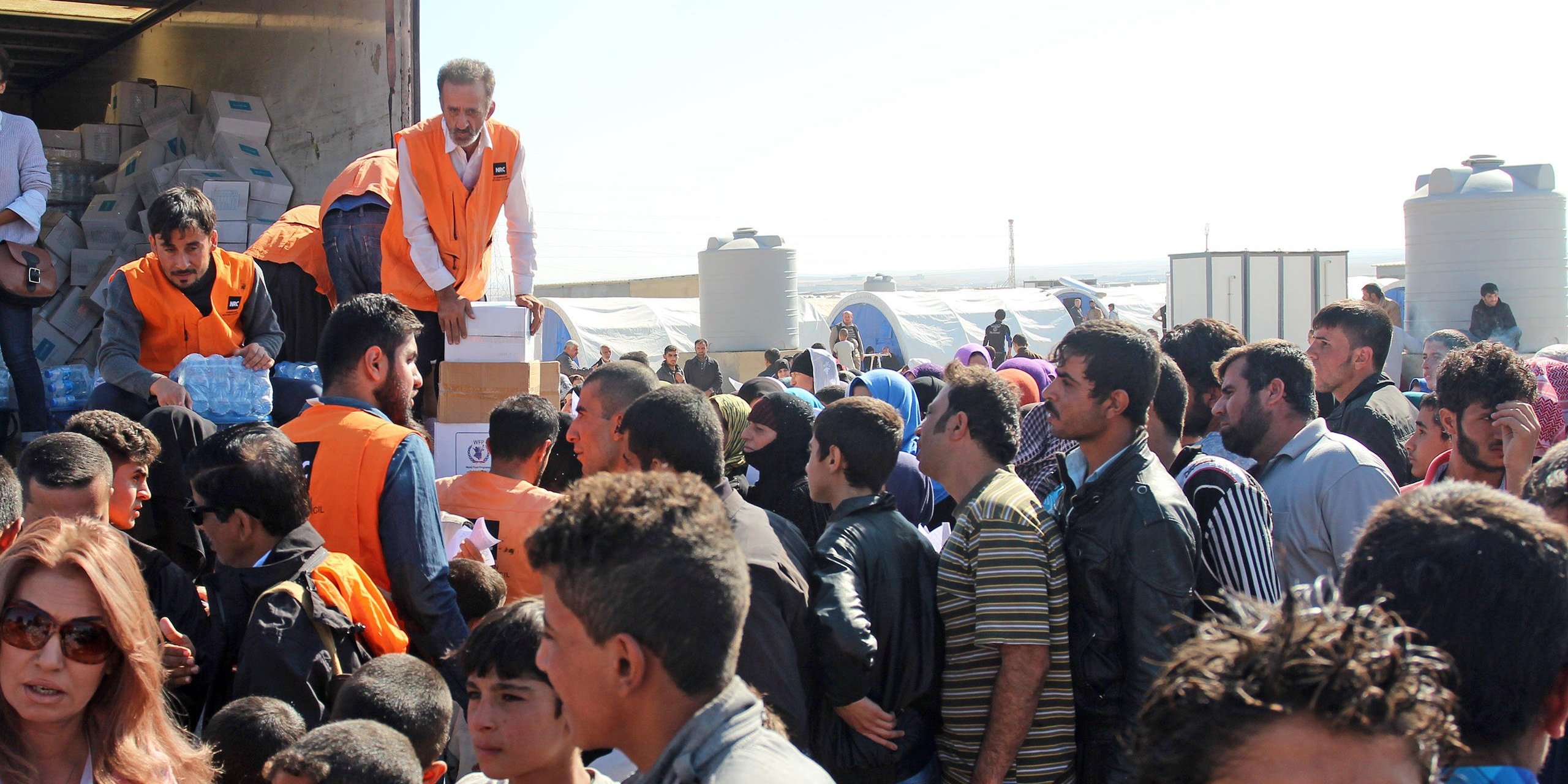
"We fear that the humanitarian consequences of this operation will be massive, and our staff have been working round the clock to prepare for a mass exodus of families expected to seek safety and our humanitarian assistance," says NRC Country Director, Wolfgang Gressmann.
From 17 October to 3 November NRC served relief packages to 6,737 people and , on the day of 4 November alone 9,018 people received such assistance. 5 November food and water was distributed to yet another 1,000 families. Most of the people arrived in Hashansham, namely in the two camps Khazar and U3. The families had fled the suburbs of Mosul, mostly from the neighbourhood of Gagjari.
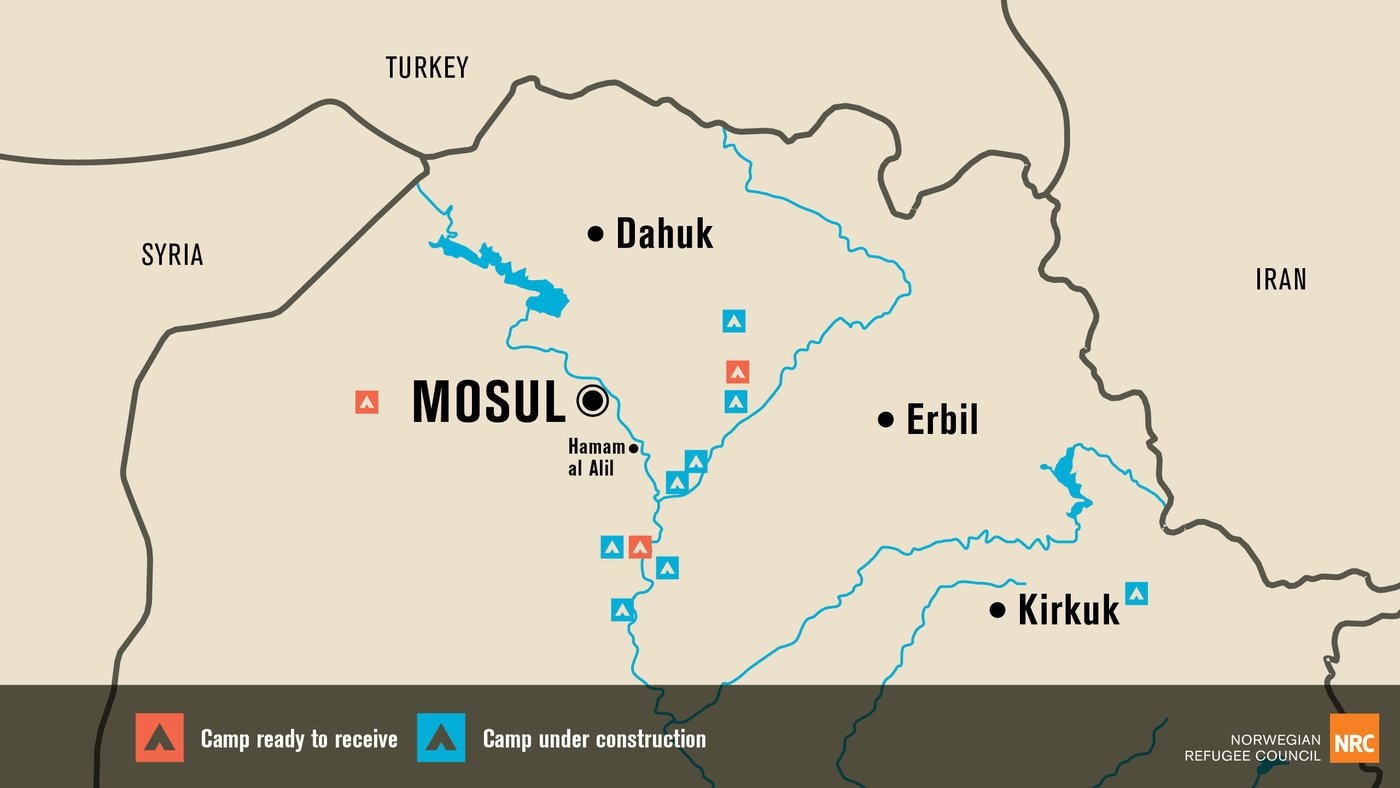
Since May 2016, NRC has provided emergency humanitarian assistance to families fleeing their homes in towns and villages around Mosul. Camps have been set up to assist those fleeing conflict. In Debaga camp, NRC has provided water, food, hygiene items and baby kits to more than 8,000 families.
"We are now scaling up our emergency response, and prepare to help up to 200,000 of the most vulnerable displaced people within the next 6 months," says Head of NRC’s Emergency Response Section, Mads Almaas.
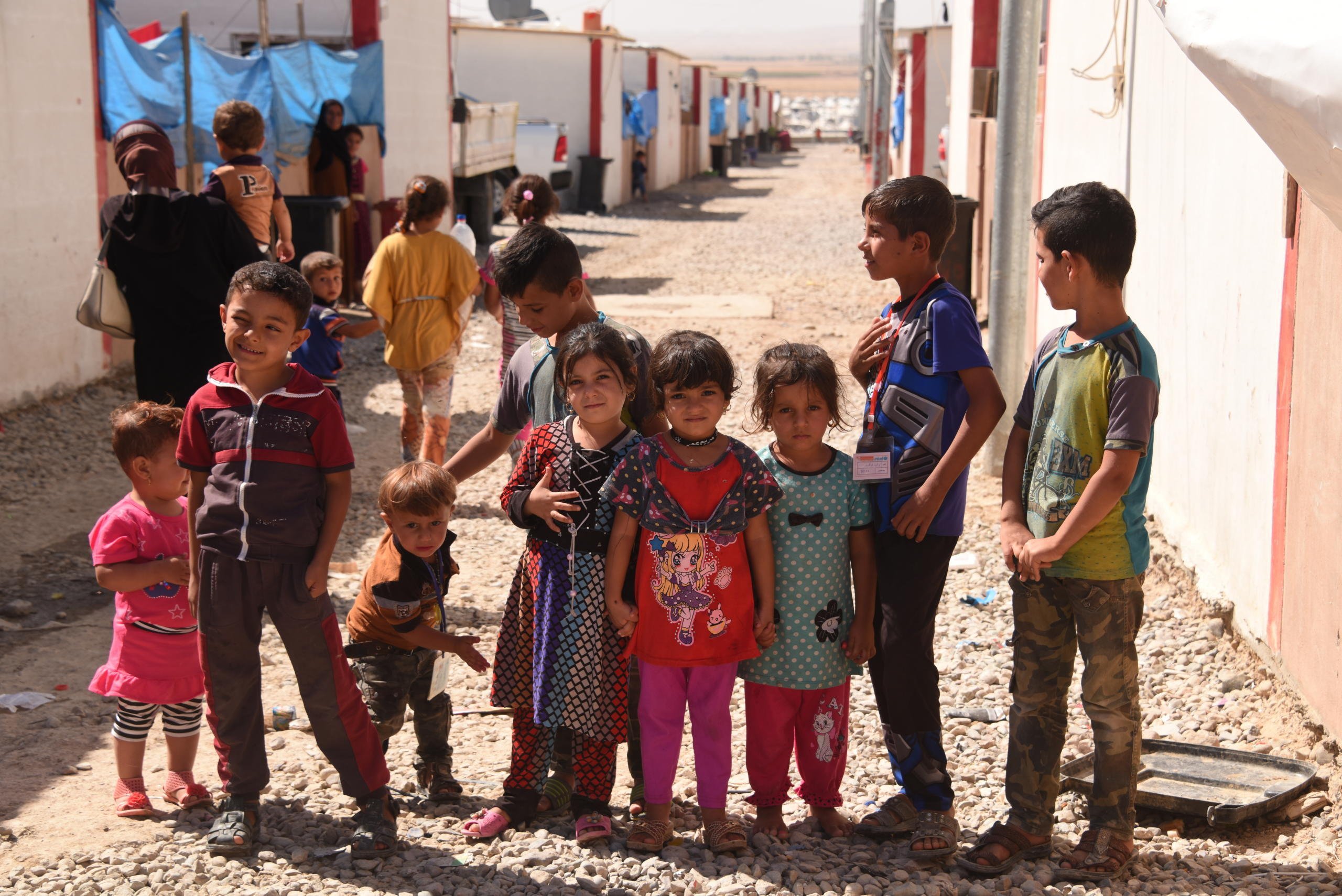
Fearing the winter
Almaas underlines that the response comes in addition to the existing displaced population in the country. He also stresses that the winter with its cold is approaching:
"It is important to remember that the number of Iraqis displaced by the recent fighting comes in addition to all those who have already fled to escape conflict in other parts of the country, notably the displaced on Sindjar mountain in 2014, and from Falluja this summer," says Almaas, "This offensive also comes at a time of the year were temperatures drop – some of the areas in the north, where the camps are located, temperatures can drop below zero at night."
Under the harsh rule of ISIS
Newly arrived people in the camps describe a harsh reality under ISIS where everything has been strictly controlled, with little personal freedom. Children have been deprived of education, and young people tell us about inhumane punishment in ISIS prisons.
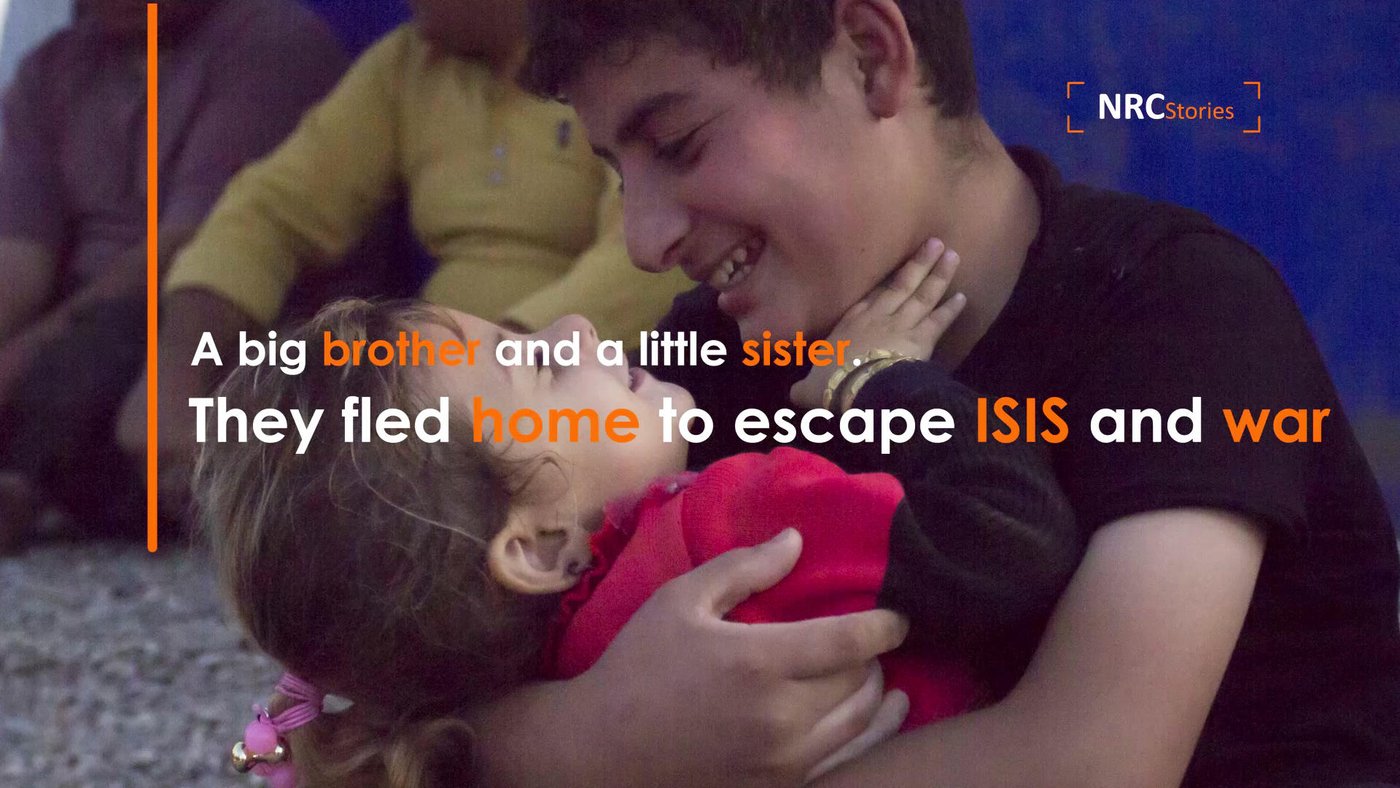
We are concerned about reports of civilians having to hand in their ID papers upon arrival at the camps as it may impair access to services, as well as limit their freedom of movement. We are also concerned about the general suspicion of ISIS-affiliation directed towards any civilian who have fled oppression and war. How these people are treated now will serve as an example of dignified treatment of civilians of any background, religion or ethnicity in a post-ISIS Iraq.NRC’s Country Director in Iraq, Wolfgang Gressmann. (5 November)
According to NRC the steep increase is just the beginning. Mosul has a large population that is comparable to that of Munich, Birmingham or Hawaii. It is estimated that at least 1.2 million people are trapped inside the city. At least 700,000 people might soon require humanitarian assistance.
"This is the beginning of a massive exodus from Mosul city. We must insist that civilians fleeing have genuinely safe exit routes out of the city. The international community needs to understand the gravity of this and act accordingly, and get prepared with the support that people fleeing will need", says Gressmann.
Over the last months and weeks, people who fled tell us that getting hold of food other basic commodities has become increasingly difficult inside ISIS controlled areas. Most of those we spoke to describe a long journey on foot, including elderly people and children.NRC’s Country Director in Iraq, Wolfgang Gressmann. (5 November))
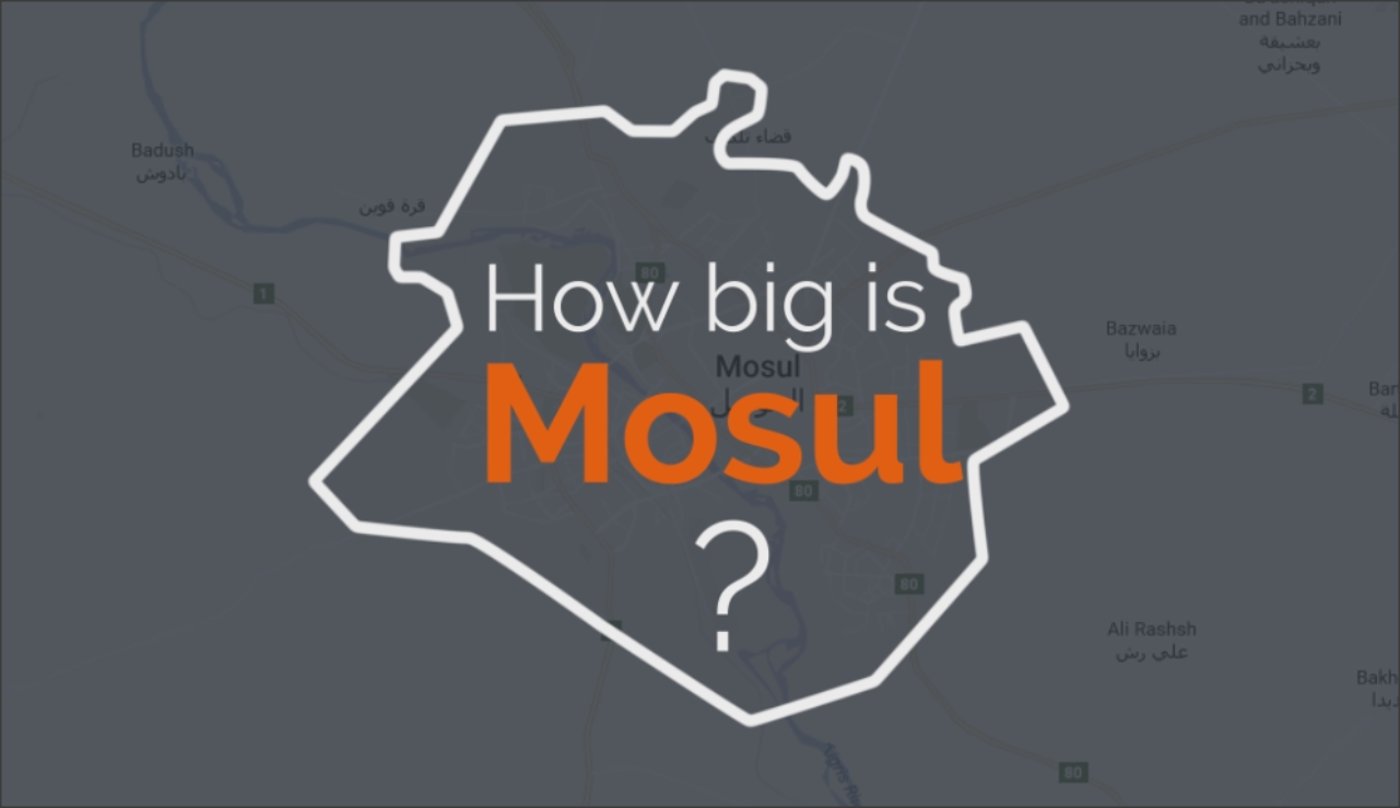
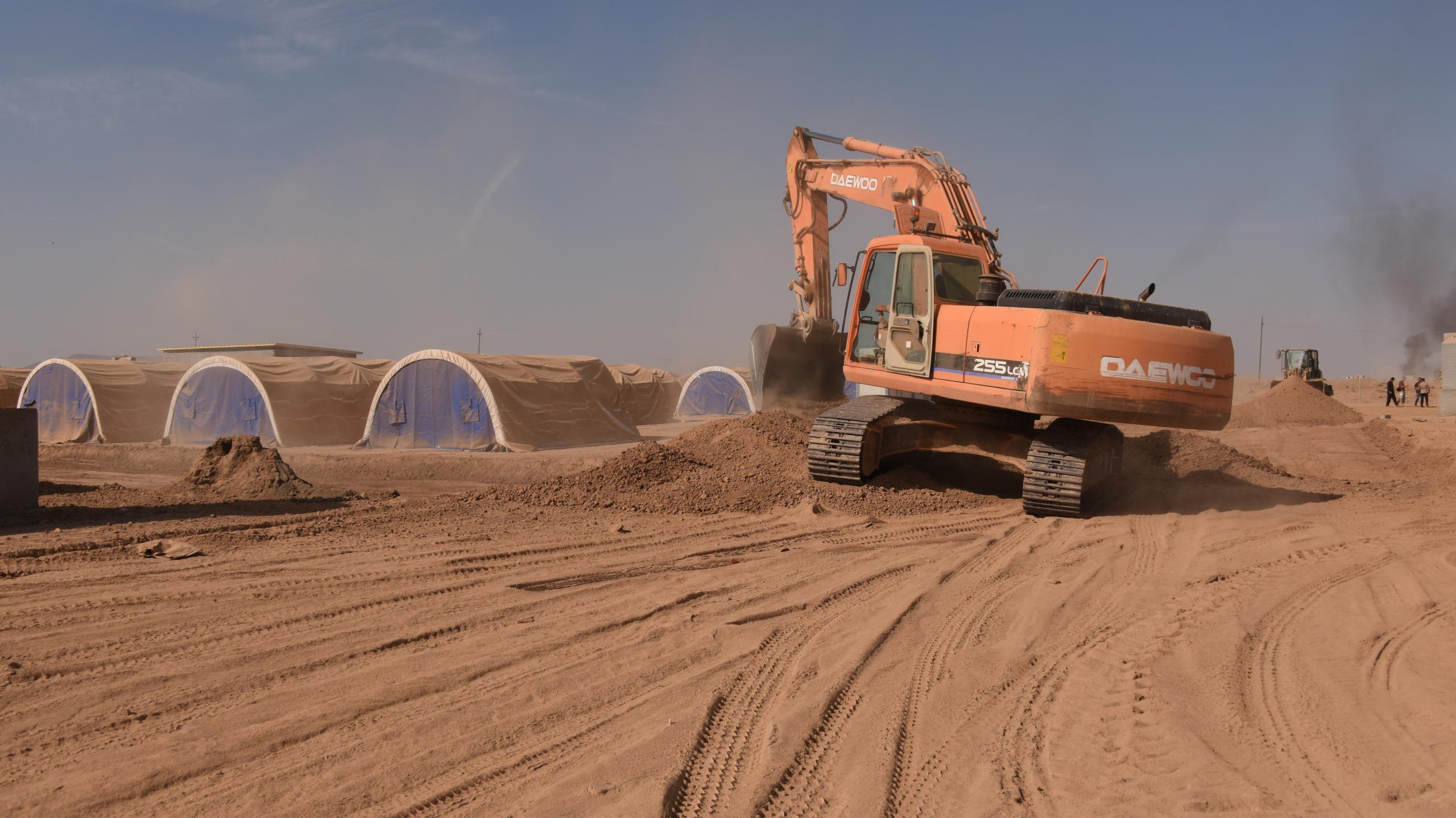
Need for shelter
More camps are now being set up in high speed. Hasan Sham Camp is one of several sites being set up to accommodate families fleeing from Mosul City. The camp is around 20 kilometres away from the city centre of Hamdaniya. Work is still ongoing, but at present the new camps can accommodate up to 60,000 individuals, while as many as 200,000 are expected to flee during the first weeks of the offensive.
NRC will be working in the camp distributing emergency food aid, water and hygiene kits, as well as organising education activities and psychosocial help for children.



